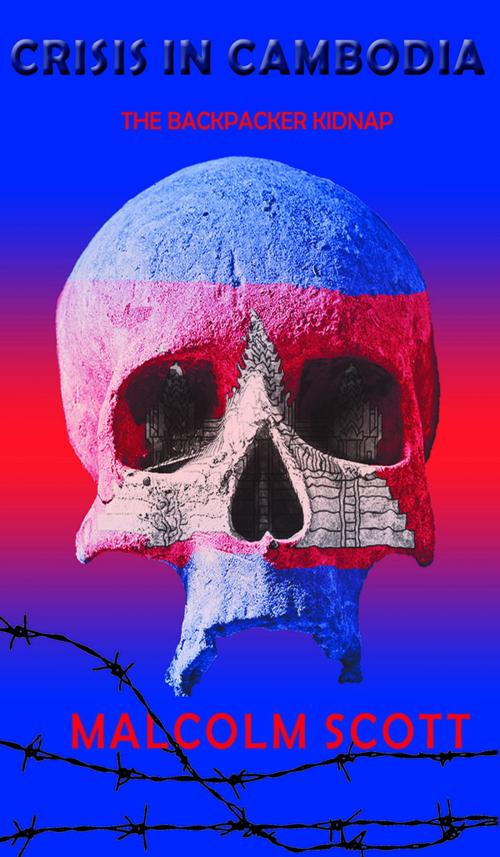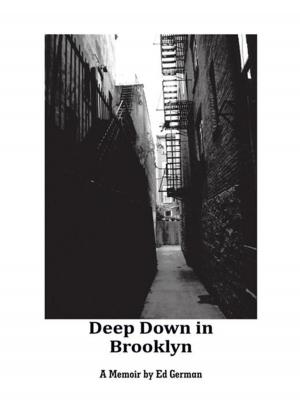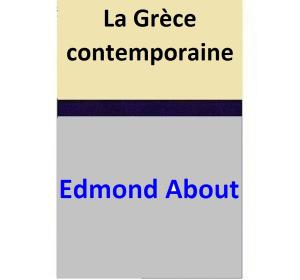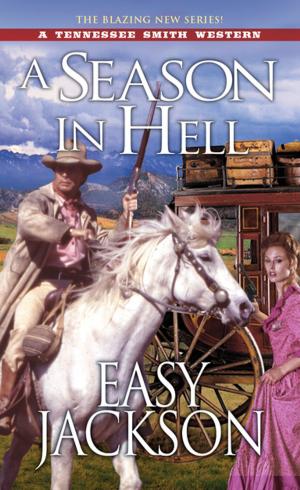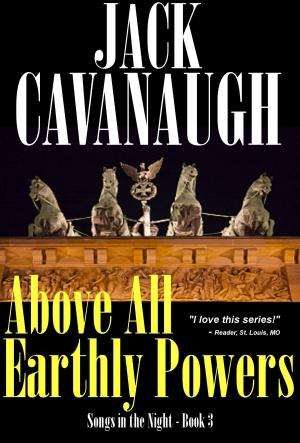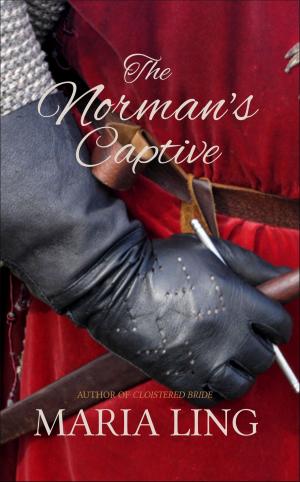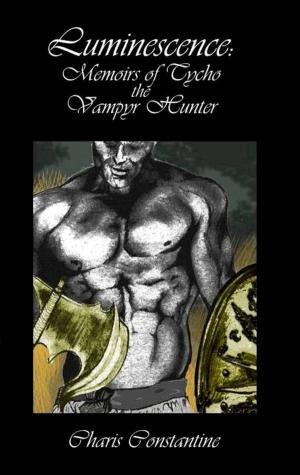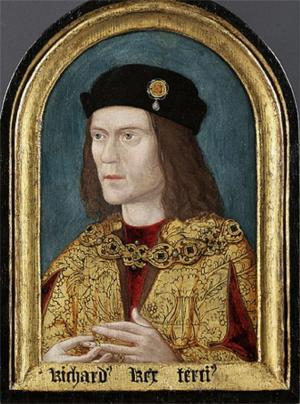| Author: | Malcolm Scott | ISBN: | 9781311107824 |
| Publisher: | Malcolm Scott | Publication: | October 8, 2017 |
| Imprint: | Smashwords Edition | Language: | English |
| Author: | Malcolm Scott |
| ISBN: | 9781311107824 |
| Publisher: | Malcolm Scott |
| Publication: | October 8, 2017 |
| Imprint: | Smashwords Edition |
| Language: | English |
Three travellers were kidnapped while touring Cambodia after the train they were journeying on was ambushed by a twenty strong Khmer Rouge raiding party. The young men were Australian national David Wilson (29) British national Mark Slater (28) and French national Jean-Michel Braquet (27).
The guerrilla group who hijacked the train was led by the Khmer Rouge’s most celebrated war hero Colonel Chhouk Rin. The backpackers were then marched for six days through rugged Cambodian terrain until they reached a mountain hideout and Khmer Rouge stronghold.
The hostages were held captive in Pol Pot’s undefeatable mountain fortress Phnom Vour (Vine Mountain) while negotiations took place. The jungle refuge had survived for sixteen years and withstood offensives from the American backed South Vietnamese Army, the Unified Vietnamese Army and the Royal Cambodian Army.
When news broke that an Australian National was part of the kidnapped trio the Australian government publicly cited the, ‘No Negotiation No Ransom Policy’. But David Wilson’s family were hopeful because Australia’s Foreign Minister (Gareth Evens) had influence with the Royal Cambodian Army and the Prime Minister of Cambodia and current ruler Hun Sen.
The Australian Prime Minister (Paul Keating) had hoped to build a presence in South-east Asia and he had recently exploited Cambodia’s internal conflict to become involved in the region. The Australian Foreign Minister and expert on Cambodia had also made himself internationally famous by arranging for peacekeeping forces to enter the country one year earlier.
The governments of Britain and France were aware of Australia’s commitment to Cambodia and unwilling to interfere with the machinations of America’s Central Intelligence Agency. The leaders of both countries, Prime Minister John Major and President François Mitterrand, passed responsibility for negotiations to the Australian politicians.
Despite the, ‘No Negotiation No Ransom’, policy most believed Australia’s Foreign Minister would utilize his contacts in the Royal Cambodian Army and his relationship with Cambodia’s Prime Minister to assist with the negotiations. He refused to become involved however and it created a public outcry and national media condemnation in his home country.
Then after a thirteen year Colonial Inquest the Australian government was cleared of any culpability in the David Wilson kidnap case in 2013. What no one realised at the time of the hostage crisis was the full complexity of the situation or that two powerful nations were pulling strings in the background.
Cambodia’s Prime Minister was a former Khmer Rouge Officer who was being backed by the newly unified country of Vietnam. And the American CIA was using the United Nations to shield Pol Pot from war crime investigations so they could use him to bring down the governments Vietnamese administrators.
Caught in the middle of the Australian politicians diplomatic grandstanding and Cambodia’s political turmoil were three young backpackers who were foolish enough to catch a train to a war zone.
Three travellers were kidnapped while touring Cambodia after the train they were journeying on was ambushed by a twenty strong Khmer Rouge raiding party. The young men were Australian national David Wilson (29) British national Mark Slater (28) and French national Jean-Michel Braquet (27).
The guerrilla group who hijacked the train was led by the Khmer Rouge’s most celebrated war hero Colonel Chhouk Rin. The backpackers were then marched for six days through rugged Cambodian terrain until they reached a mountain hideout and Khmer Rouge stronghold.
The hostages were held captive in Pol Pot’s undefeatable mountain fortress Phnom Vour (Vine Mountain) while negotiations took place. The jungle refuge had survived for sixteen years and withstood offensives from the American backed South Vietnamese Army, the Unified Vietnamese Army and the Royal Cambodian Army.
When news broke that an Australian National was part of the kidnapped trio the Australian government publicly cited the, ‘No Negotiation No Ransom Policy’. But David Wilson’s family were hopeful because Australia’s Foreign Minister (Gareth Evens) had influence with the Royal Cambodian Army and the Prime Minister of Cambodia and current ruler Hun Sen.
The Australian Prime Minister (Paul Keating) had hoped to build a presence in South-east Asia and he had recently exploited Cambodia’s internal conflict to become involved in the region. The Australian Foreign Minister and expert on Cambodia had also made himself internationally famous by arranging for peacekeeping forces to enter the country one year earlier.
The governments of Britain and France were aware of Australia’s commitment to Cambodia and unwilling to interfere with the machinations of America’s Central Intelligence Agency. The leaders of both countries, Prime Minister John Major and President François Mitterrand, passed responsibility for negotiations to the Australian politicians.
Despite the, ‘No Negotiation No Ransom’, policy most believed Australia’s Foreign Minister would utilize his contacts in the Royal Cambodian Army and his relationship with Cambodia’s Prime Minister to assist with the negotiations. He refused to become involved however and it created a public outcry and national media condemnation in his home country.
Then after a thirteen year Colonial Inquest the Australian government was cleared of any culpability in the David Wilson kidnap case in 2013. What no one realised at the time of the hostage crisis was the full complexity of the situation or that two powerful nations were pulling strings in the background.
Cambodia’s Prime Minister was a former Khmer Rouge Officer who was being backed by the newly unified country of Vietnam. And the American CIA was using the United Nations to shield Pol Pot from war crime investigations so they could use him to bring down the governments Vietnamese administrators.
Caught in the middle of the Australian politicians diplomatic grandstanding and Cambodia’s political turmoil were three young backpackers who were foolish enough to catch a train to a war zone.
